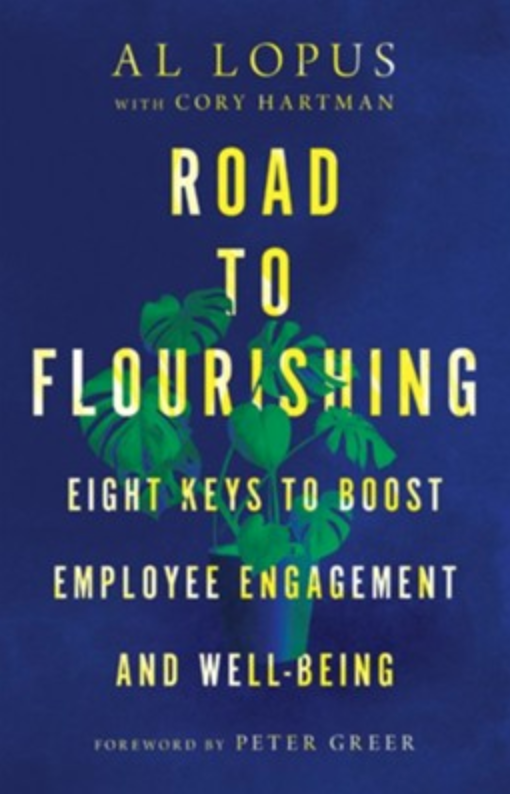
Downsides of Moral Convictions By Alec Hill

Moral Convictions Drive Behaviors
Moral convictions are good. They drive us to feed the hungry, evangelize the lost, protect children, and correct past wrongs.
This is particularly true when we sense God’s call. The apostle Paul spoke of being “compelled” to share the good news. Martin Luther King Jr. felt that he had no choice but to act on behalf of his people – even at the cost of his own life.
So I was surprised to come upon the research of Linda Skitka, a professor at the University of Illinois at Chicago. While acknowledging the upsides of moral convictions, she points out several potential dangers. Three stand out.
(1) Contrary Evidence Ignored
Decision-making takes place in two parts of our brains. Day-to-day decisions are formulated in the brain’s middle section (hippocampus). In this sphere, we objectively weigh competing facts before reaching conclusions.
But moral convictions rest in our frontal lobes. In this region (often referred to as the “lizard brain”), we don’t review evidence but jump quickly to action. If my child is in danger, for example, I don’t stop to engage in a cost/benefit analysis.
While there are some advantages to this mode of reasoning, there are also downsides. When operating in this sphere, we often ignore facts and become virtually immune to persuasion. Outside experts – be they scientists, judges, or professionals – count little in our calculus.
This explains why a minority of people – on both the political left and the right – react so vehemently to topics such as mask mandates, required in-office time, and critical race theory. Though disagreeing completely on substance, the two groups ironically share a lizard brain response. Each refuses to engage in a give-and-take conversation.
(2) Undeserving Moral Conviction
In Jesus day, the pharisees built a “fence around the Torah.” In doing so, they broadly expanded their number of moral convictions. By placing human traditions on par with Biblical mandates, non-essentials were elevated.
The result? When Jesus tried to reason with them about sabbath and harvesting rules, they wouldn’t budge. They even sought his death. Lesson to be learned? When our list of moral convictions includes secondary matters, we emotionally overreact.
As a young Christian, I recall witnessing a debate about whether our government should cede the Panama Canal to the nation of Panama. When some of my fellow believers refused to logically discuss the issue’s merits but treated it as a truth of biblical proportions, I was confounded.
Problems ensue when we take nuanced matters of opinion and enthrone them as moral convictions. Decisions that should reside in our middle brains – where healthy internal debates occur – move to our frontal lobes. Matters such as tax policy, immigration law, and public health are best dealt with rationally, not in an instinctual yes/no manner.
(3) Polarization
Sadly, as Dr. Skitka points out, far too many of us are losing the ability to remain in relationship with those with whom we disagree. Families are splitting. Churches are fragmenting.
Deeply held convictions can divide us into conflicting tribes. Too often, these tribes are defined not by biblical principles but by cultural and/or political issues. We begin to shout past each other, socialize only with those who think like us, and listen to only to media that supports our position.
And, as the chasm deepens between “us” and “them,” we begin to care less about the common good. Rather, as middle ground disappears, we circle the wagons to protect our own. This leads to the erosion of common grace institutions such as schools and courts.
The Solutions
How can these downsides be avoided? Foremost, we look to the life of Jesus for guidance. While possessing deep moral convictions (e.g. “go and sin no more”), he also befriended a wide range of people.
By doing so, he successfully navigated the holiness-inclusion polarity. On the one hand, he knew what he believed and lived to high standards. On the other, he opened his heart to all. Following his lead, we should draw from the strengths of moral convictions without incorporating their downsides.
This included connecting with those with whom we don’t concur. For example, I have a Muslim friend who explicitly believes that Jesus is not the son of God, a fundamental tenet of my faith. While neither of us would sponsor the other for membership in my church or his mosque, we still humbly care for one another.
Living in this tension is not always easy. But it is the Gospel.
####
Alec Hill is the former president of InterVarsity Christian Fellowship and author of Living in Bonus Time: Surviving Cancer, Finding New Purpose.

Now is the time for you to create a flourishing culture! What are you waiting for?
Buy the Book!

What is Christian Leadership Alliance?
Christian Leadership Alliance equips and unites leaders to transform the world for Christ. We are the leaders of Christ-centered organizations who are dedicated to faithful stewardship for greater kingdom impact.
Sign up for FREE blog updates.
Upcoming Events
Check back later!


